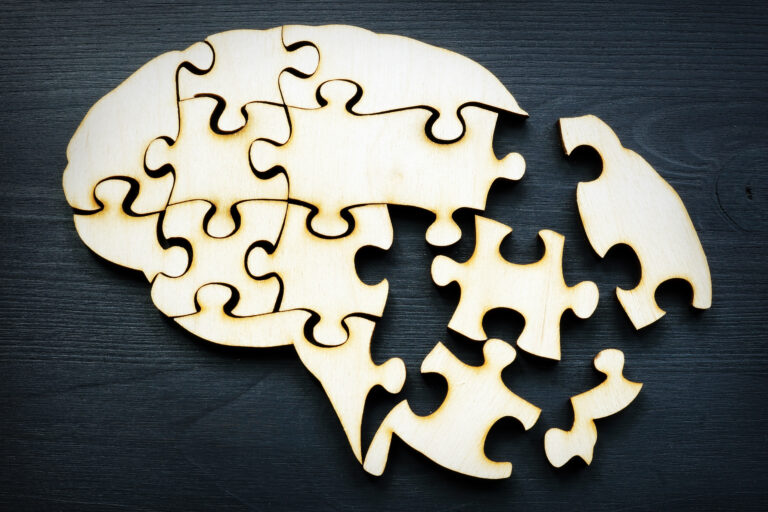Deciding whether to work out in the morning or at night is a common question, and the answer isn’t as simple as picking one over the other. Both times have unique benefits and drawbacks, and what works best for you depends on your body, your schedule, and your goals. Let’s break down the science, the myths, and the practical advice so you can make an informed choice.
## Understanding Your Body’s Clock
Your body runs on a 24-hour cycle called the circadian rhythm. This internal clock controls when you feel sleepy, when you’re most alert, your body temperature, and even how your heart and blood vessels respond to exercise[3]. Some people are “morning people” (early chronotypes) who feel most energetic at dawn, while others are “night owls” (late chronotypes) who peak in the evening. Research shows that morning exercise can help shift your body clock earlier, especially if you’re a night owl, while evening exercise can also have a similar effect for some people[1]. If you’re a morning person, working out in the morning can further advance your body clock, making you feel even more alert early in the day[1].
## Morning Workouts: Pros and Cons
**Pros**
– **Consistency:** Many people find it easier to stick to a routine if they exercise first thing in the morning. There are fewer distractions, and you’re less likely to skip your workout because of a busy day[4].
– **Metabolism Boost:** Exercising in the morning may help kickstart your metabolism, though the effect is usually modest and varies from person to person.
– **Mood and Energy:** Morning exercise can improve your mood and energy levels throughout the day. It’s a natural way to wake up your body and mind.
**Cons**
– **Stiffness:** Your muscles and joints may feel stiffer in the morning, increasing the risk of injury if you don’t warm up properly.
– **Lower Performance:** Some studies suggest that physical performance, like strength and endurance, might be slightly lower in the early hours compared to later in the day.
– **Sleep Disruption:** For some, intense morning workouts can make it harder to fall asleep at night, though this is rare.
## Evening Workouts: Pros and Cons
**Pros**
– **Higher Performance:** Your body temperature peaks in the late afternoon or early evening, which can lead to better strength, flexibility, and endurance during your workout[4].
– **Stress Relief:** Exercising after work can help you unwind and reduce stress from the day.
– **Better Sleep for Some:** Contrary to popular belief, many people find that moderate evening exercise helps them sleep better, not worse[4].
– **Metabolic Benefits:** Some research suggests that evening exercise may lead to better cholesterol management and blood sugar regulation compared to morning workouts[3].
**Cons**
– **Schedule Conflicts:** Evening workouts can be harder to stick to because of social plans, work, or family responsibilities.
– **Sleep Disruption for Some:** For a small number of people, vigorous exercise too close to bedtime can make it harder to fall asleep.
– **Lower Consistency:** It’s easier to skip a workout if you’re tired at the end of the day.
## Medical Considerations
When it comes to heart health, your body’s response to exercise can vary depending on the time of day. Your heart and blood vessels react differently to morning versus evening exercise due to changes in hormones, blood pressure, and other factors controlled by your circadian rhythm[3]. Some studies suggest that evening exercise might offer slight advantages for cholesterol and blood sugar control, but more research is needed to confirm these findings[3].
Growth hormone, which is important for muscle repair and recovery, peaks during deep sleep[2]. Getting enough quality sleep is crucial for recovery, regardless of when you exercise. Lack of sleep can reduce reaction time, impair performance, and slow down recovery[2].
## Personal Factors Matter Most
There is no one-size-fits-all answer. The best time to exercise is the time that fits your lifestyle and makes you feel your best. If you’re a morning person, you’ll likely enjoy and benefit from morning workouts. If you’re a night owl, evening exercise might feel more natural and effective. The most important thing is to find a routine you can stick with over the long term[4].
## Tips for Choosing Your Workout Time
– **Listen to Your Body:** Pay attention to when you feel most energetic and alert. Try both morning and evening workouts for a few weeks and see which feels better.
– **Consider Your Goals:** If you’re training for performance, evening workouts might give you a slight edge. If consistency is your main goal, morning might work better.
– **Prioritize Sleep:** No matter when you exercise, make sure you’re getting enough quality sleep. Poor sleep can undo many of the benefits of exercise[2].
– **Warm Up Properly:** If you exercise in the morning, take extra time to warm up to reduce the risk of injury.
– **Be Flexible:** It’s okay to mix it up. Some days you might work out in the morning, other days in the evening. The key is to keep moving.
## Final Thoughts
The debate over morning versus evening workouts will likely continue, but the science is clear on one thing: regular exercise, at any time of day, is far better than no exercise at all. Your body’s natural rhythms, your daily schedule, and your personal preferences should guide your decision. Experiment, observe how you feel, and choose the time that helps you stay active, healthy, and happy.
Sources: [1] [2] [3] [4]





